
Technology gives men who have sex with men (MSM) new ways to assess their health status, prevent HIV and other STDs (sexually transmitted diseases), and find care.
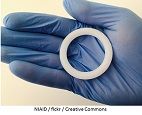

Technology gives men who have sex with men (MSM) new ways to assess their health status, prevent HIV and other STDs (sexually transmitted diseases), and find care.

Older Americans who are sexually active are not being tested for HIV and are not being educated about how to prevent disease transmission, new research suggests.
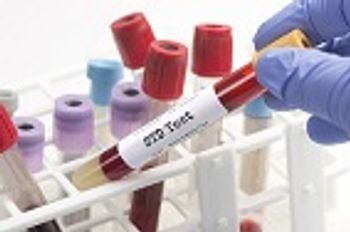
New prevention and treatment models are needed worldwide and one such model is the Dean Street Express Clinic in London, England.
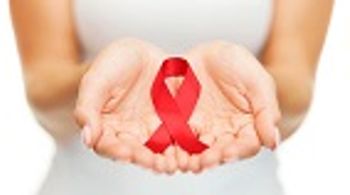
In a recent study, researchers investigated the treatment and prevention of HIV within trauma-informed care.

A team of researchers at the University of California has found that veterans infected with both hepatitis C and human immunodeficiency virus sought treatment more often than those infected with just one of the viruses.
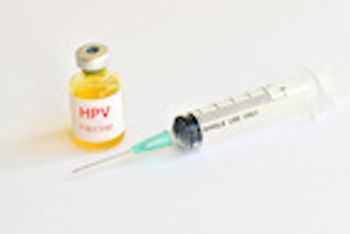
In the 10 years since the human papilloma virus (HPV) vaccine first became available, a series of new studies have come out showing just how effective the virus really is and how HPV vaccination rates can be improved in adolescents.
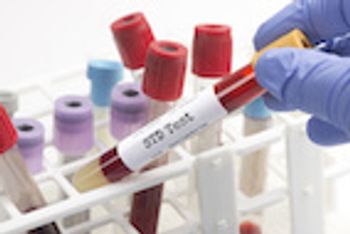
Over-the-counter diagnostic tests for Chlamydia trachomatis, Neisseria gonorrhoeae, and pathogens associated with upper respiratory tract infections such as influenza and Group A Streptococcus may soon gain approval; however, making these tests immediately available to the public would not be without challenges.
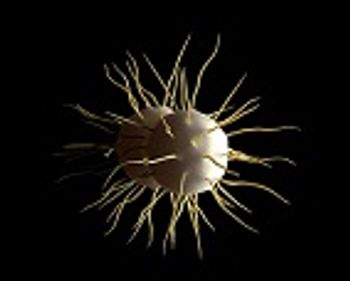
Gonorrhea may soon become untreatable with current antibiotics, according to recent research presented at the Centers for Disease Control and Prevention's 2016 STD Prevention Conference.
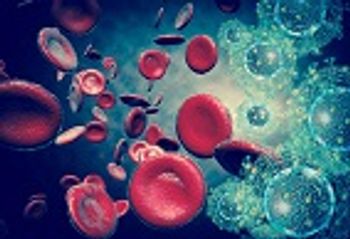
A 44-year-old man from Britain could become the first patient ever to be cured of HIV, thanks to a groundbreaking new therapy developed to eradicate the virus.
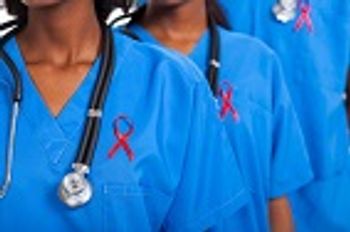
The National Institutes of Health (NIH) has provided funding of $24 million this year to the Adolescent Medicine Trials Network for HIV/AIDS Interventions, the first clinical research group that will focus on youth infected by HIV.
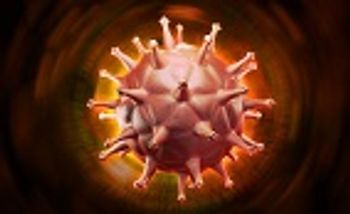
Researchers at the University of Zurich and the University Hospital-Zurich have made a discovery that may contribute to the development of an effective HIV vaccine.

Kenneth Fife, MD, PhD, Professor of Medicine at Indiana University, School of Medicine, discusses whether or not his genital herpes vaccine, GEN-003, can protect against oral herpes.

As individual nations attempt to make meaningful progress on stemming antibiotic use, a troubling new study shows that hospitals in the United States have continued to dispense antibiotics at a steady rate in recent years.
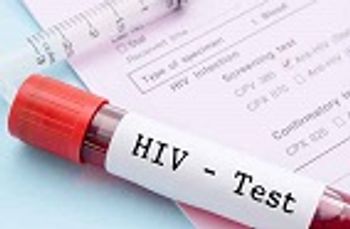
In a recent Morbidity and Mortality Weekly Report, the Centers for Disease Control and Prevention and US Department of Health and Human Services share two reports that specifically focus on men who have sex with men (MSM) living with HIV.

Kenneth Fife, MD, PhD, Professor of Medicine at Indiana University, School of Medicine, discusses manipulating the immune system to fight genital herpes.

A varicella outbreak that had occurred last year in Michigan is thought to be associated with riding on a school bus, which makes small, enclosed spaces, such as a school bus, a risk factor for both transmitting and acquiring airborne diseases.

Researchers from the University of Valencia have taken part in an international study that has found that gut bacteria play a role in immune system recovery in HIV patients.
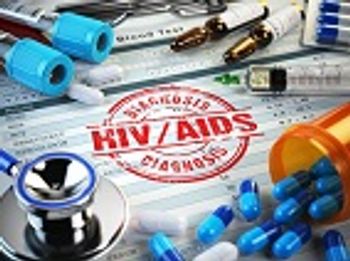
A new study led by researchers at the University of Oxford has offered insight into what happens when pharmaceutical drugs do not work as expected.
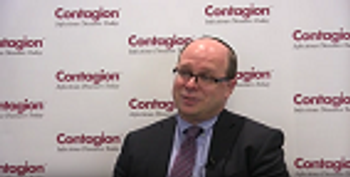
David Rosenthal, DO, PhD, medical director for the Center for Young Adult, Adolescent and Pediatric HIV Care at Northwell Health, discusses how close researchers are to finding a cure for HIV.
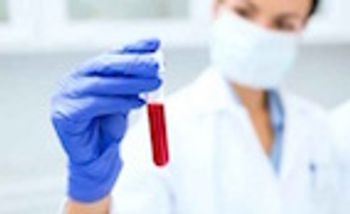
A new test that can effectively estimate HIV-negative patients’ adherence to prescribed drugs to prevent the transmission of human immunodeficiency virus (HIV) during sexual intercourse has been discovered by researchers at the Skaggs School of Pharmacy and Pharmaceutical Sciences at CU Anschutz.
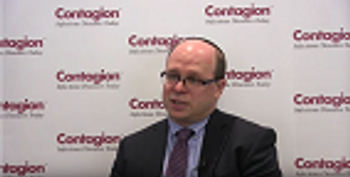
David Rosenthal, DO, PhD, medical director for the Center for Young Adult, Adolescent and Pediatric HIV Care at Northwall Health, explains why condom use is still recommended for HIV patients on antiretroviral therapy.
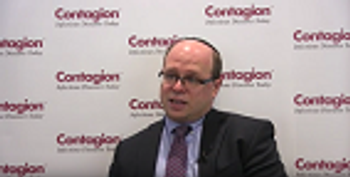
David Rosenthal, DO, PhD, medical director at the Center for Young Adult, Adolescent and Pediatric HIV Care at Northwell Health, reflects on a JAMA study, which states that use of antiretroviral therapy reduced the risk of HIV transmission during condomless sex.

Tanner White, a marine who has been diagnosed with HIV is making strides in fighting HIV-associated stigma by providing the public with education on the virus through the creation of his nonprofit organization called, “A Positive Tomorrow.”

The World Health Organization (WHO) has just released new guidelines for treating chlamydia, gonorrhea, and syphilis; three of the most common sexually transmitted infections (STIs) due to the increased threat of antibiotic resistance.
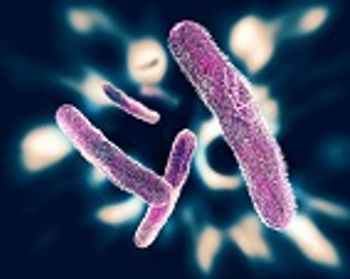
In the United States, Shigellosis causes approximately 500,000 illnesses annually and resistance to drugs to treat the infection, such as ciprofloxacin, ceftriaxone, and azithromycin, is emerging.